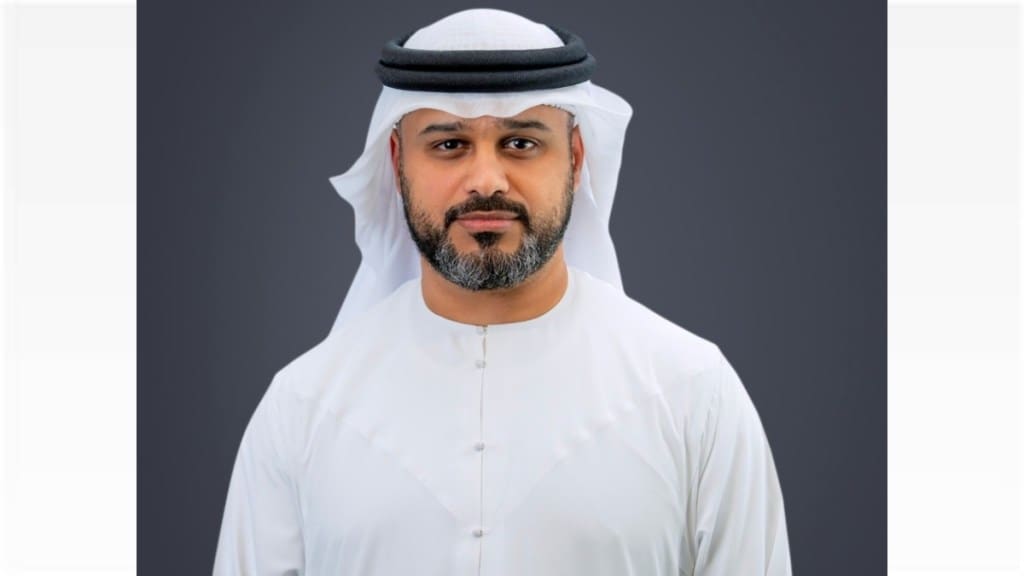The bilateral relationship between India and the UAE has undergone significant growth and deepening over recent years, with defence and security cooperation emerging as prominent areas of collaboration.
Notably, the UAE stands out in the Gulf region with its advanced defence industry, underscored by the inauguration of EDGE in 2019. This move repositioned the country as a global player, marked by substantial investments in the defence sector and a dedicated focus on national security.
EDGE, consolidating more than 25 entities including subsidiaries from prominent defence organizations, aims to revolutionize the military industry, traditionally hindered by bureaucratic hurdles. With a robust emphasis on research and development (R&D), the UAE is actively engaging top designers to tackle real-world challenges.
“We have a clear objective to foster strategic relationships across the local and global defence and technology value chain. We work with partners big or small, start-up or established, and our business model focuses on building collaborative opportunities with other industry players, where it serves our mutual interests, and where it makes business sense,” Hamad Al Marar, MD & CEO of EDGE Group, tells Financial Express Online.
He was formerly President of the Missiles & Weapons cluster at EDGE, where he provided oversight and strategic direction on the development and business functions of four companies within the cluster – Al TARIQ, CARACAL, HALCON, and LAHAB.
Following are excerpts from an exclusive interaction of Hamad Al Marar, MD & CEO of EDGE Group and Huma Siddiqui:
EDGE plans to find a home for its missiles on Indian Light Combat Aircraft `Tejas’. Has the company had talks with the Indian Air Force and other stakeholders?
Our smart weapon integration programme on the Light Combat Aircraft (LCA) Tejas was initiated through a partnership between the aircraft’s manufacturer, Hindustan Aeronautics Limited (HAL), and our long-range smart weapons producer, AL TARIQ. Both companies are working closely to complete the integration and demonstrate the unique advantages of the AL TARIQ smart weapon to the Indian Air Force later this year.
It is important to note that in India, we are cultivating mutually beneficial strategic relationships with industry leaders to offer an advanced, cost-effective, and mission-proven smart weapon solution to (LCA) Tejas customers. AL TARIQ is already in talks with Bharat Dynamics Limited to jointly produce the smart weapons in India, and EDGE is also collaborating with HAL to explore joint design and development of missiles and unmanned vehicles, in addition to other opportunities for resource and knowledge sharing.
Any plans to put missiles on the French Rafale which have been recently acquired by IAF. Have there been any round of talks with the Indian side?
No, we have not had any talks with the Indian Air Force on this integration, but we are close to finalising negotiations with Dassault to integrate all AL TARIQ smart weapons on the Rafale, following their successful integration on the Mirage. What this means is that we will be one of the few companies outside North America and Europe to offer a top-tier smart weapon to users of the Rafale or Mirage.
There are plans to integrate EDGE weapons on foreign aerial platforms. Are there any plans to offer the same to India?
Yes, our partnership with HAL has the scope to explore the integration of EDGE smart weapons onto additional platforms, however, the immediate focus is on the LCA Tejas, and what we really need to consider is how to best address the user’s operational requirements.
The company is talking about expanding its presence in the Brazil/Latin American market as well as east Asia. Is there any scope to work trilaterally with India OR BRICS member countries to develop and manufacture platforms for the armed forces?
Last year, we acquired a 50 percent stake in Brazilian smart weapons specialist, SIATT, where we are supporting major industrial expansion plans. We are working closely with Turbomachine, one of Brazil’s foremost turbine engine developers, on the development of unmanned aircraft and missile engines, and we are developing state-of-the-art long-range anti-ship missiles with the Brazilian Navy.
What is the final outcome of the CARACAL Close Quarter Carbines?
The tender is still ongoing and our precision small arms producer, CARACAL, has a steadfast commitment to providing the best tailored solution to meet customer requirements. We aim to foster relationships in India to co-develop a full portfolio of locally manufactured small arms, specifically produced for the Indian market, which also involve the Transfer of Technology in small arms. As I said, what’s important here is that we are working with local industry leaders to offer solutions that address the customers operational requirements.
The company will reach export revenues of US$1 billion in 2024. Which countries is the company exporting to and which platforms?
We recently announced orders from major international customers in Africa and South America, which includes landmark contracts for a fleet of best-in-class corvettes, high performance autonomous unmanned aircraft, and effective precision-smart weapons.
This means that we are delivering on our goal to disrupt the global defence industry through offering a multi-domain portfolio of highly competitive solutions for export. From inception, our aim was to be a global leader, primarily in autonomous systems, smart weapons, and electronic warfare. Now, we have a footprint in five continents.

